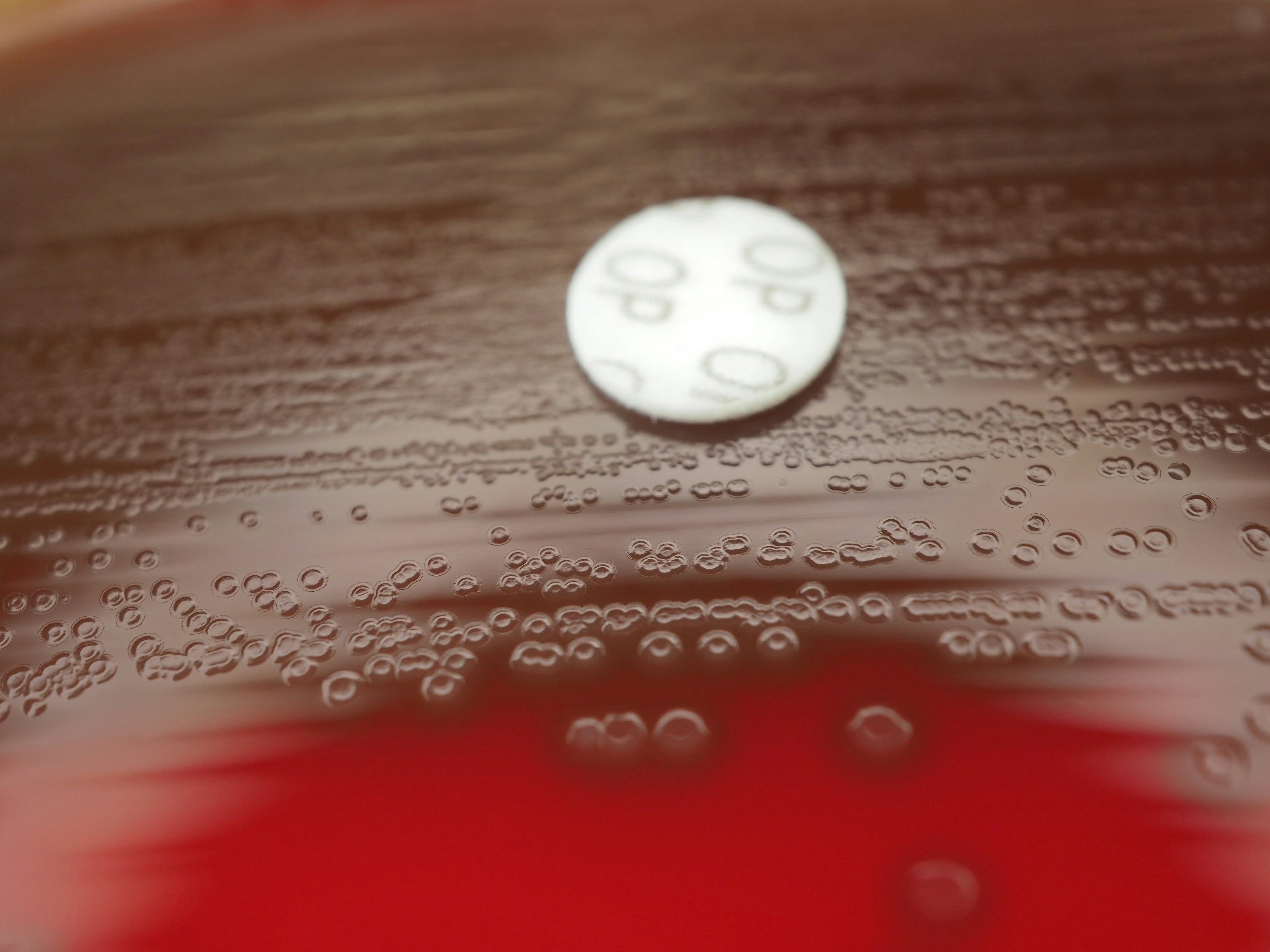Introduction to Pesticide Degradation
Pesticides are widely used in agriculture to protect crops from pests and diseases. However, the persistence of these chemicals in the environment has raised significant concerns. Research into pesticide degradation genes in bacteria is crucial for developing bioremediation strategies, allowing for the breakdown of these harmful substances.
The Role of Bacteria in Degradation
Bacteria play a pivotal role in the degradation of pesticides. Some bacterial strains possess specific genes that enable them to metabolize synthetic chemicals, converting them into less harmful or non-toxic forms. This process is not only essential for detoxifying contaminated environments but also contributes to the cycling of nutrients in ecosystems.
Identifying and Analyzing Degradation Genes
Identifying pesticide degradation genes in bacteria involves advanced techniques, including genomic sequencing and bioinformatics. Researchers have successfully isolated various bacterial strains with these properties, which has implications for both environmental sustainability and agricultural practices. By enhancing our understanding of these genes, scientists aim to create more effective bioremediation methods.


